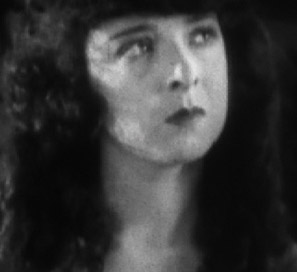London writer, filmmaker and 'psychogeographer' Iain Sinclair celebrates his 70th birthday year, with the showing of 70 films, handpicked for their association with his work and shown in venues all over London. Here is a full list of the excellent programme.
Tonight's is in a secret location and you need to email events@70x70.info to book.
Chicago Reader review:
Though crippled by studio recutting that tried to adjust this neurotic 1962 melodrama for the family market, Vincente Minnelli's adaptation of Irwin Shaw's novel is one of his last great pictures, reversing the Henry James model of innocent Americans encountering corruption abroad—it's the Americans who are decadent here. Intelligently scripted by Charles Schnee, the film reunites the director, writer, producer (John Houseman), star (Kirk Douglas), and composer (David Raksin) of The Bad and the Beautiful, describing the attempted comeback of an alcoholic ex-star (Douglas), asked to help a director friend (Edward G. Robinson) with a new picture in Rome, who encounters both his destructive ex-wife (Cyd Charisse) and a redemptive young Italian woman (Daliah Lavi) in the process. George Hamilton plays a spoiled young actor who falls under Douglas's tutelage, and Claire Trevor plays Robinson's wife. The costumes, decor, and 'Scope compositions show Minnelli at his most expressive, and the gaudy intensity—as well as the inside detail about the movie business—makes this compulsively watchable.
Jonathan Rosenbaum
Here (and above) is the trailer.
